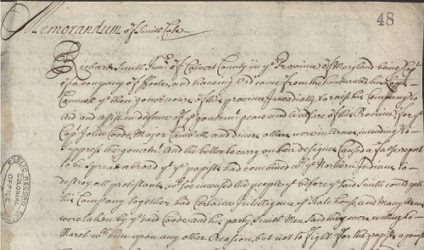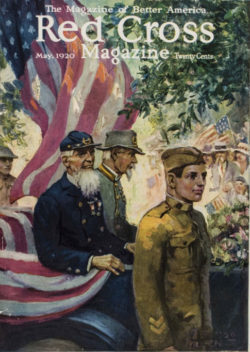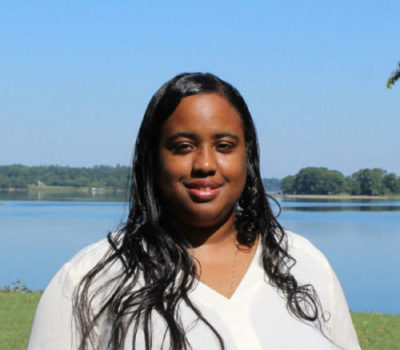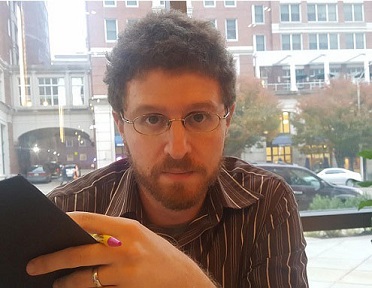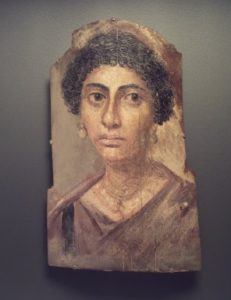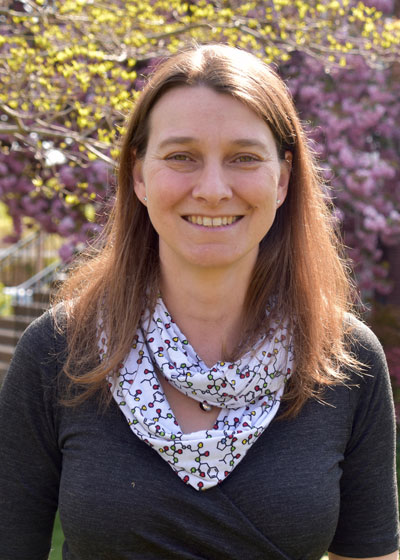
Jessica Malisch is an Assistant Professor of Biology who has worked at St. Mary’s for 3 years. After completing a Bachelor’s of Science at the University of North Carolina Wilmington, she earned a PhD in biology at the University of California, Riverside. Fun fact–her doctoral diploma is signed by Arnold Schwarzenegger, the “governator” of California at the time. Jessica was a post-doctoral fellow at the University of Montana, then a visiting professor at Claremont Colleges in California before landing here at St. Mary’s (you’ll recognize that as a brilliant pun shortly). We sat down with Jessica to learn more about her approaches to research and antics set to the music of Britney Spears.
What are your current research interests?
I’m an ecological physiologist with a speciality in endocrinology. Specifically, I study hormones and their influence on the metabolism and behavior of songbirds. I conduct research on the songbirds here at St. Mary’s and in Yosemite during the summer with a group of SMCM student researchers.
Additionally, I’m conducting research with Dr. Pam Mertz, Professor of Biochemistry, and rising senior Ivy Atunes (recent Flores Award recipient) to develop a novel assay for hormone transport proteins in bird blood. This assay (the scientific word for “method to measure something”) will enable students in my lab to measure the protein and help us understand the role of this protein in the stress response. We plan to share this assay with other labs to encourage more research in this area. These types of interdisciplinary collaborations with faculty and students is one of the many reasons I enjoy being a part of the liberal arts experience and the St. Mary’s community.
I am looking forward to a year of intensive research ahead, as I was recently awarded a 1 year fellowship. The fellowship from the American Association of University Women gives me an opportunity to focus almost exclusively on conducting research and mentoring undergraduate research students here at St. Marys. Mentoring student researchers is my favorite aspect of my job.
What are some of your recent publications?
In the journal Physiological and Biochemical Zoology, I published this article: “Stress-Induced Hyperglycemia in White-Throated and White-Crowned Sparrows: A New Technique for Rapid Glucose Measurement in the Field.” (You can read it here: https://www.ncbi.nlm.nih.gov/pubmed/29847208) This paper examines the relationship between acute stress and glucose mobilization in 2 songbird species, taking a unique approach to studying this phenomenon. Researchers hold songbirds for 30 minutes (thus inducing acute stress) and take 3 blood samples at different intervals to compare their blood glucose levels. In general, I’m interested in what predicts the amount of glucose levels produced under stress and the ways this links to the survival of individuals. I am particularly proud that his paper has three St. Mary’s undergraduate co-authors, these students contributions were essential to complete the research.
How does the library help you in your research and/or the classroom?
InterLibrary Loan (ILL) is my best friend for conducting research. All of my students in my class are required to create an ILL account so they can get familiar with it and find articles for their research using this fantastic service. I also teach First-Year Seminar so, I rely on the library during that course to help my students learn research skills and information literacy.
What’s one thing you think students or faculty should know about the library, archives, or media center?
In addition to ILL, know the library faculty and staff–they’re here to help you!
What are some interesting books or articles you’ve read recently?
This will tell you a lot about me: I’ve been finding a textbook on avian physiology absolutely fascinating. I was excited to find my work cited several times in the book, Sturke’s Avian Physiology, as I happened to pick up the book more or less by chance.
Favorite book?
The Last Season by Eric Blehm. The story follows the disappearance of Randy Morgenson, an Eastern Sierra ranger who worked along the Muir Trail in Yosemite for many years. Because I also migrate to the Sierras each summer and have annual field seasons, Morgenson’s story really resonates with me.
Favorite class you’ve taught?
My absolute favorite is working with pre-SMP students in directed research classes. We design research projects together, and I really enjoy helping students get to know what ecological research is like. Shout-out to Comparative Animal Physiology too, this is my upper division specialty and I teach it using a flipped classroom design. It is highly interactive.
If you could invite anyone, dead or alive, to guest lecture in your class, who would it be?
David Attenborough in POB2 (Principles of Biology II). The class focuses on the diversity of life on the planet, and there’s no other expert who knows more about this field of study. He clearly has a passion for the subject.
What else would you like our readers to know about you?
I love to play practical jokes. In one of the classes I co-taught, I planted a Bluetooth speaker in the ceiling, playing bird calls and then Britney Spears while another instructor held class. Pranksters be cautioned: this type of stunt requires a great deal of planning ahead and a scientist’s attention to detail!


